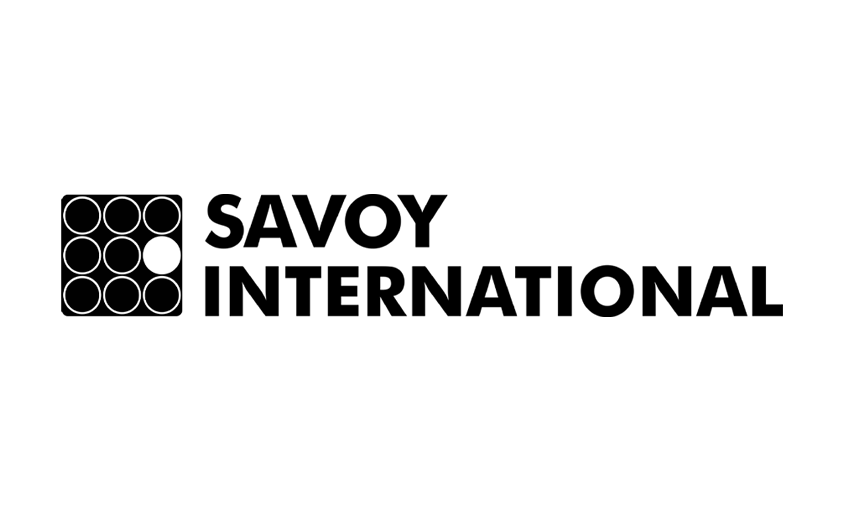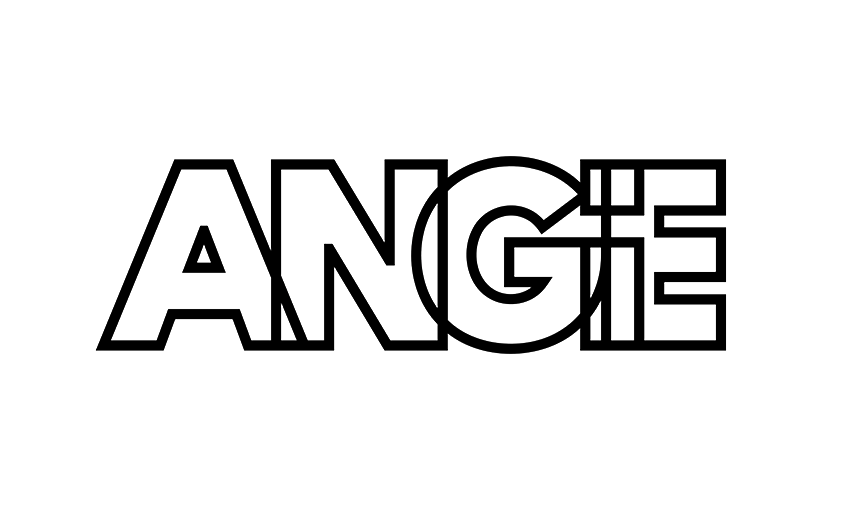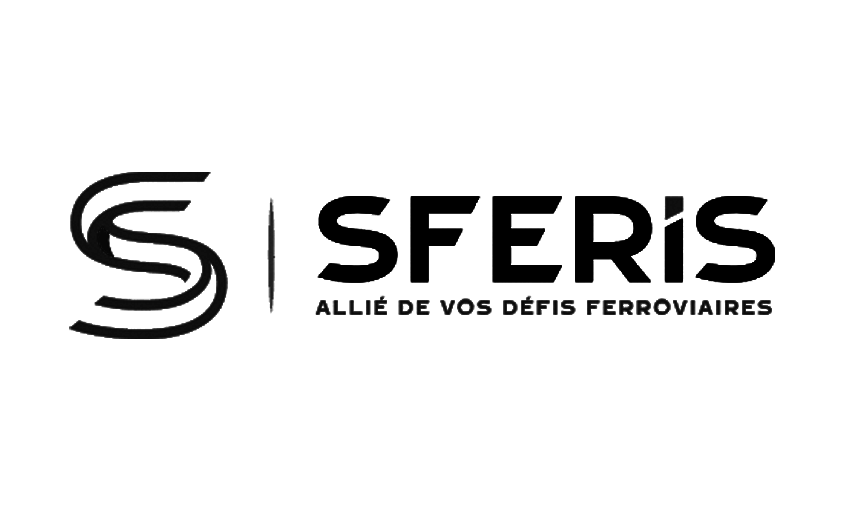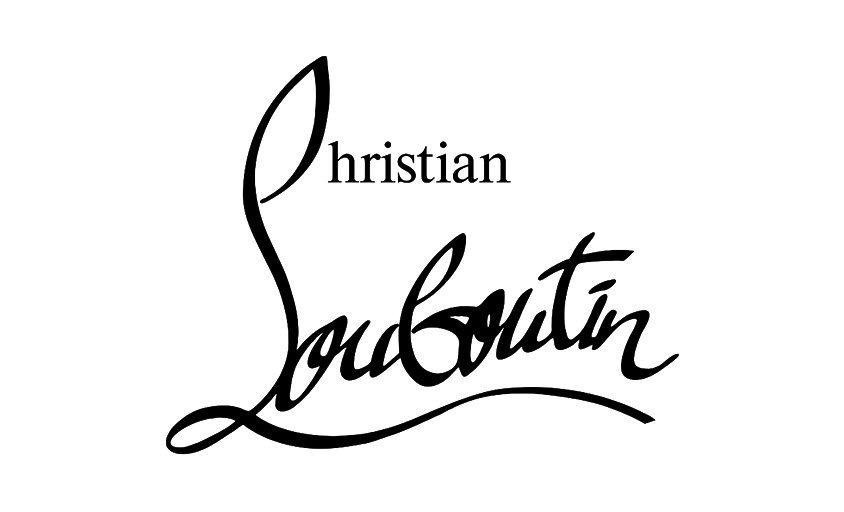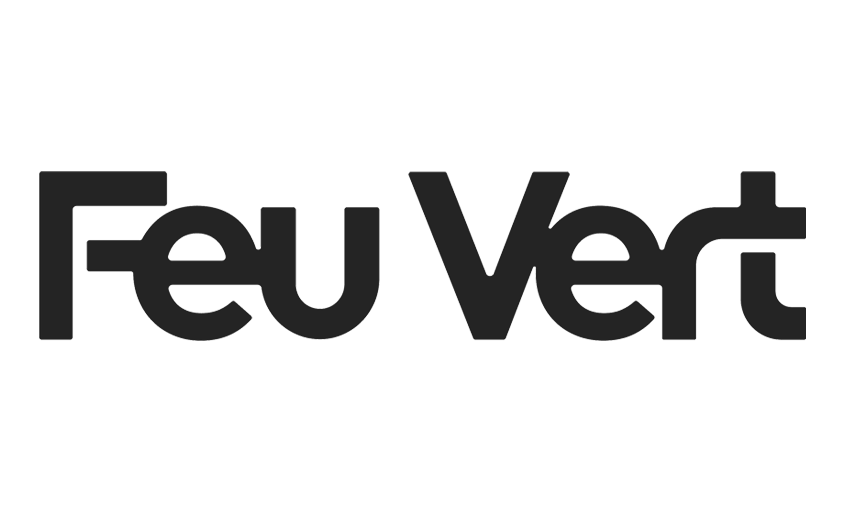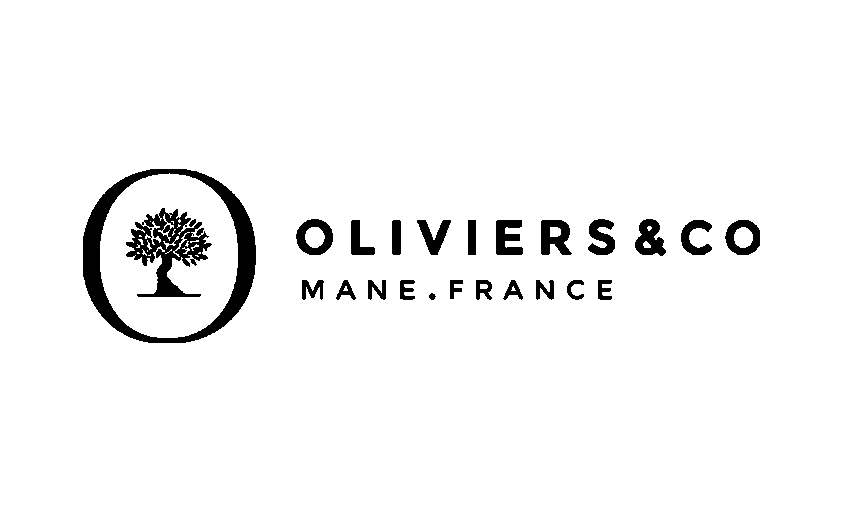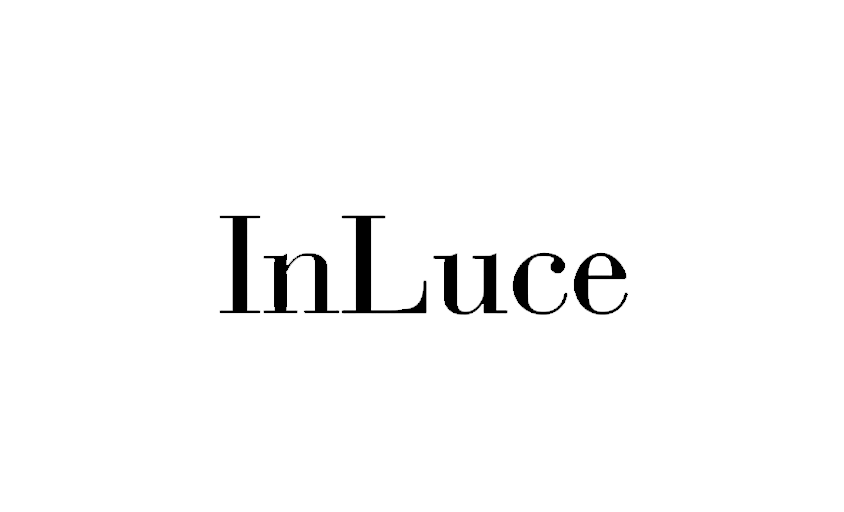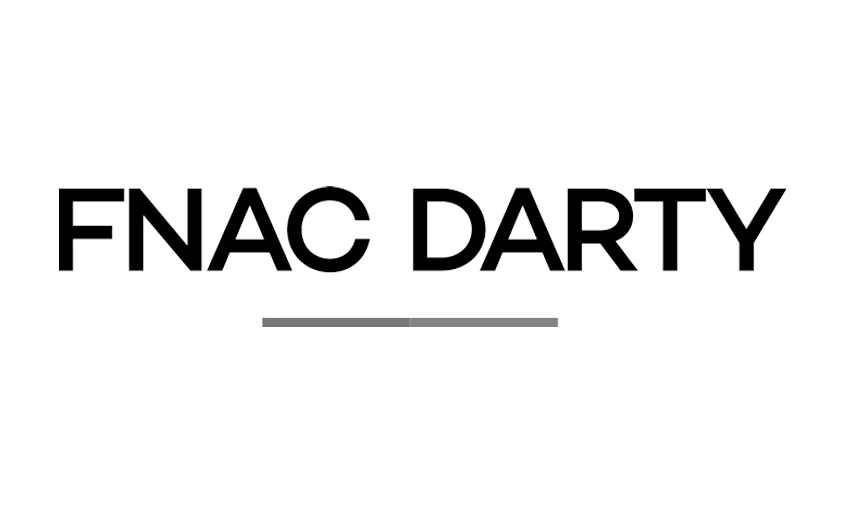Embossing
In this article :
Embossing, also known as relief printing, is a finishing technique used in design and graphic arts that creates a raised pattern or text on various materials such as paper, cardboard, leather, or even metal. This method adds a unique tactile and visual dimension to creations, enhancing the aesthetic of invitations, business cards, packaging, or book covers.
Embossing Process
Embossing is performed using a specialized tool, called a die, which presses the material between a male and female mold to create the desired raised effect. This technique can be executed using either heat or pressure:
- Hot Embossing: Involves applying heat to affix a metallic foil or colored coating to the raised surface, adding a shiny or colored finish.
- Cold Embossing: Focuses solely on creating a raised design without adding any color or additional texture.
Applications of Embossing
- Luxury Stationery: Widely used in premium paper products such as wedding invitations, greeting cards, and letterheads.
- Product Packaging: Enhances the visual and tactile appeal of packaging, improving the user experience and strengthening brand identity.
- Book Design: Embossed book covers attract attention and convey a sense of quality and refinement.
Advantages of Embossing
- Visual Appeal: The three-dimensional effect of embossing draws the eye and adds a level of sophistication to the design.
- Tactile Experience: The texture created through embossing enriches the sensory experience, making the product more memorable.
- Brand Differentiation: Embossing helps brands stand out from the competition by elevating their communication materials.
Technical Considerations
Embossing requires careful planning and design to ensure that the raised motif or text is both visible and aesthetically pleasing. Material type, thickness, and finish must be thoughtfully selected to achieve the best possible result.
Conclusion
Embossing is a technique rich in creative potential, offering designers and brands an effective way to enhance the visual and tactile quality of their creations. Whether adding elegance to stationery or creating distinctive product packaging, embossing provides undeniable added value, captivating the senses and elevating the consumer experience.
Jérémy Carlo is the editorial director at Rétines, where he ensures the consistency and clarity of all content produced by the studio.
Our Clients
Let’s discuss
What we do for you at Rétines
Meticulous work, an organised project and fast delivery. And to achieve this, we mobilise the right resources in our teams at the right time.
01
Pre-production
Artistic and technical direction tailored to the project.
Relevant recommendations on content, form and resources.
02
Photo Shooting
Photos taken by our experienced photographers.
Production that’s controlled, efficient and tailored to the needs of the project, with nothing superfluous.
03
Retouching
Technique
Photographs magnified by our retouching team.
Post-production to meet the commercial challenges of the brief.


